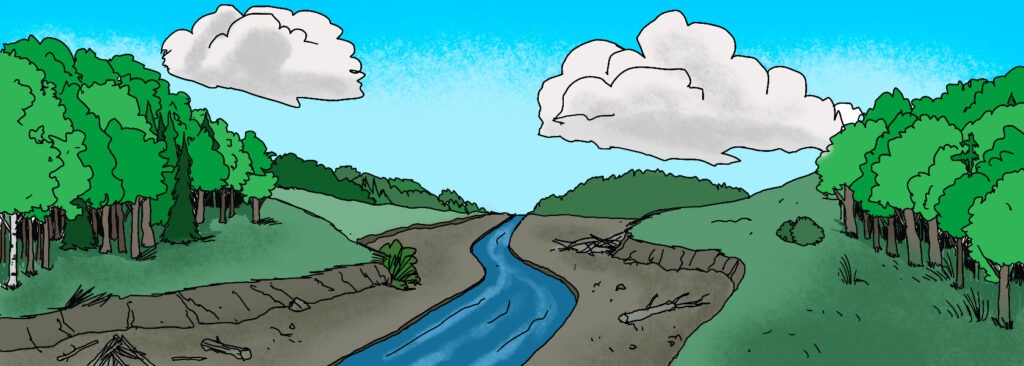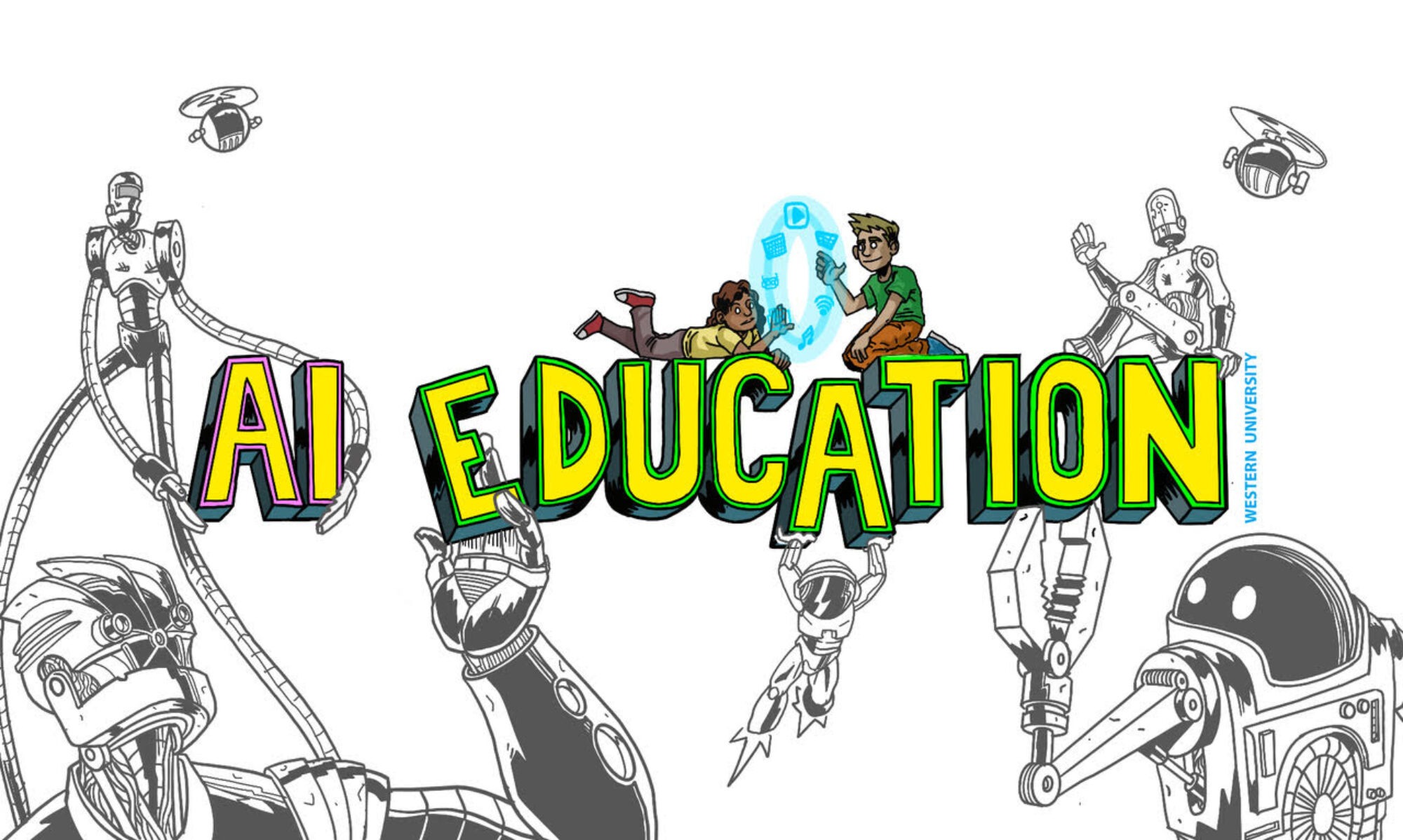MENU
- Key concepts of Indigenous knowledge systems
- Artificial Intelligence and Indigenous Knowledge
- Ongoing colonialism & racism through AI
- Data sovereignty: who owns & controls the information?
- Are we ready for AI?

Before exploring how Artificial Intelligence interacts with Indigenous knowledge systems, it is important to understand some key aspects of Indigenous knowledges.
The concepts and videos below offer a broad understanding, however, Indigenous peoples come from very different nations, each with distinct and diverse knowledge systems, languages, and epistemologies.
Below are examples of how Indigenous peoples connect to the land and how this relationship informs their world view.
Key Concepts of Indigenous Knowledge Systems

- Indigenous Peoples come from diverse, sophisticated and complex civilizations and nations with brilliant knowledge systems that are valid, important and valuable.
- Indigenous Peoples are the guardians and caretakers of their lands, waters and knowledge systems and are deeply connected to the environment.
- Indigenous knowledges ensure that the environment and human health is balanced and healthy.
- Colonialism through the education system has dismissed, devalued and erased Indigenous Peoples’ histories, experiences as well as knowledge systems.
- The climate crisis is connected to colonialism and the destruction of Indigenous knowledge systems and practices.
- Indigenous knowledge systems can offer solutions to climate change as well as pedagogies and methodologies that can create transformative educational spaces rooted in respect, reciprocity and love.
The following videos help to expand on these key concepts:
The Importance of Indigenous Knowledge
Importance of Learning From the Land
Connecting Colonialism and Climate Change
*this video is part of a larger resource: Gdoo-Sastamoo Kii Mi: This is our Understanding, visit: https://www.anishinabek.ca/education-resources/gdoo-sastamoo-kii-mi/
Why We Should Follow Natural Law
How We Lived by Ray John Jr. Oneida Nation
Our Relationship with the Land by Ray John Jr. Oneida Nation
The Good Life by Katherine Jack & Douglas Sinclair Ojibways of Onigaming First Nation
Artificial Intelligence and Indigenous Knowledge
An interview
The following video discusses how Indigenous Knowledges and AI can create opportunities in education to understand important concepts such as sustainability as well as our roles and responsibilities with respect to the environment. This interview was with Ray John Jr. who is from the Oneida Nation and Mathias Babin who is a PhD student at Western University working in the field of Artificial Intelligence and Computer Science.
Video chapters
- 00:26 How this project helps to understand concepts found within Indigenous Knowledge Systems
- 02:29 How the AI came to determine that sustainability is the best outcome on its own
- 10:17 Why it is important to work in partnership with Indigenous Peoples and communities
- 12:29 How this project started as an idea to how it looks today
- 15:19 What is happening behind the scenes from a computer programming perspective
- 18:14 Simulation #2
- 20:46 Challenges in the design process
- 28:44 Programs used
- 29:41 How AI can be of benefit when exploring and understanding what Indigenous Knowledge Systems are also telling us
- 31:52 Experience so far with this project from a Computer Scientist perspective
AI confirms what Indigenous Knowledge Systems tell us
Indigenous Knowledge Systems are derived from a deep interconnected relationship with, and understanding of, the land, waters, and all of creation.

In this simulation, two AI’s were created with the only instruction: stay alive. One AI was extremely good at fishing, the other, extremely good at farming. In order to stay alive the AI’s determined on their own the following:
- Not to over fish or farm in their area
- Not to take over the other AI’s “job” (eg., develop and excel in your own gifts)
- Sharing in the harvest with each other
In a short period of time the AI came to the same conclusion that Indigenous Peoples have been saying in terms of our relationship with the land and each other.
See the AI Cooperation app at https://ai-ed.ca/ai-cooperation
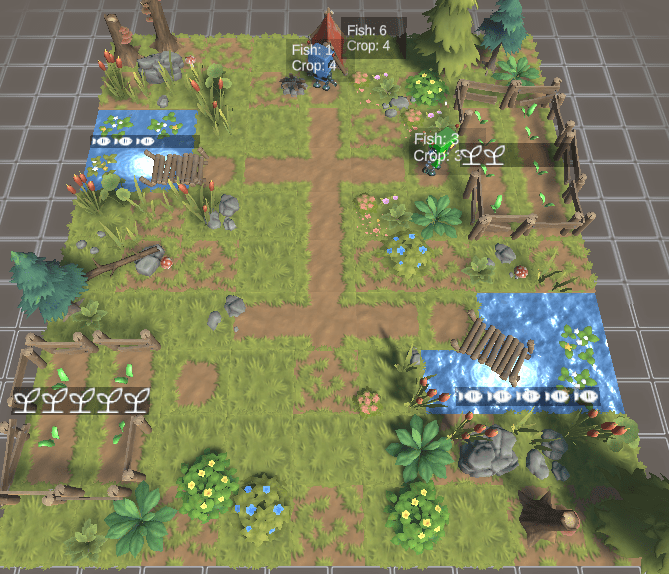
The following inquiry questions are to help educators explore further learning with students:
- What are some current contradictions to what the AI simulation concluded and what IK confirms with respect to our relationship with the land and each other?
- Treaties were formed between the colonial governments and Indigenous Nations which outlined how land was to be shared, and that guardianship and title were never to be ceded and surrendered by Indigenous Peoples. The Canadian government continues to break the treaty agreements and at the same time we are now experiencing a climate crisis. How can honouring the treaties, giving back land and jurisdiction to Indigenous Peoples help to combat climate change?
- How would our relationship to the land be different if we prioritized ecological sustainability (living in balance with the land) led by Indigenous Peoples?
Knowing the land and our roles
Watch the following video Knowing the Land and Our Roles:
Consider the following:
- How is what Doug and Kathy share similar to what the two AI’s discovered in this simulation? What is different?
- The following articles offer examples of how AI can benefit some of the work Indigenous communities are engaged in as well as the importance of Indigenous knowledge systems
Readings
- AI Can Help Indigenous People Protect Biodiversity
- AI + Indigenous Knowledge a powerful tool posing critical questions
- How can Indigenous knowledge shape our view of AI?
Ongoing Colonialism and Racism Through Artificial Intelligence
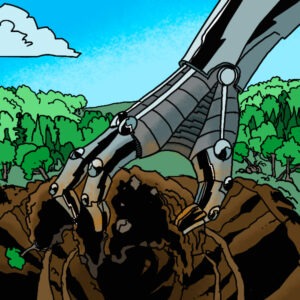
While there are many conveniences offered through AI (e.g., Netflix creating movie options based on your past selections), it is important to critically consider the harmful outcomes with this new technology. The following article: At the heart of artificial intelligence is racism and colonialism that we must excise elaborates on two main points:
- The ongoing and future damage cause by the extraction of minerals in order to physically create machines and hardware
- The inherent bias, racist ideologies and colonial constructs that will be passed on through machine learning further perpetuating harms to peoples already experiencing oppression, racism and colonialism.
Data Sovereignty: Who Owns and Controls the Information?

Extractivism continues to be a violent form of colonialism and capitalism. Physically, the extraction and mining of raw minerals has been occurring through the theft of lands and genocide of Indigenous Peoples all over the world. However, a newer form of extractivism is taking form through academia in terms of control, or often the outright theft, of information and data.
The following articles explore these concepts further:
Data Colonialism: A New Way to Look at the Complex World of Information
The following Indigenous Protocol and Artificial Intelligence was developed Lewis, Jason Edward, ed. 2020. Indigenous Protocol and Artificial Intelligence Position Paper. Honolulu, Hawaiʻi: The Initiative for Indigenous Futures and the Canadian Institute for Advanced Research (CIFAR).
Are we ready for AI?
Indigenous story teller and artist Isaac Murdoch speaks on AI ~ Are we Ready?
- Is society “intelligent” enough to handle Artificial Intelligence (AI)?
- Should Indigenous Knowledge Systems be put into AI?
Enhancing Artificial Intelligence with Indigenous Wisdom
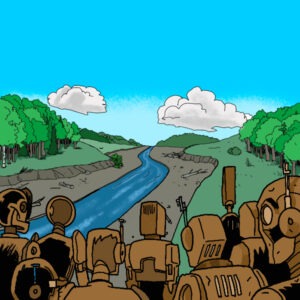
“The current narrow or weak form of AI is, by itself, a data analysis tool that does nothing more or less than its programming instructs it to do. AI excels at sensing its environment and acting to maximize the likelihood of achieving its goals. However, it has no values or goals of its own, it simply follows the values and pursues the goals provided to it by its programmers. AW has the potential to make AI at least a better tool and perhaps, eventually, more than a tool, but at least for now, AW must also be programmed and therefore similarly reflects only the wisdom of its programmers. Unlike intelligence, wisdom has a normative aspect, particularly with regard to whether and how a goal ought to be pursued, and no amount of descriptive data, by itself, can determine what ought to be done. It is not enough to recognize that AI must provide social benefit, align with our values, and, more generally, perform wisely without understanding that what constitutes social benefit, values, and wisdom is not universal but rather varies for different worldviews.”
